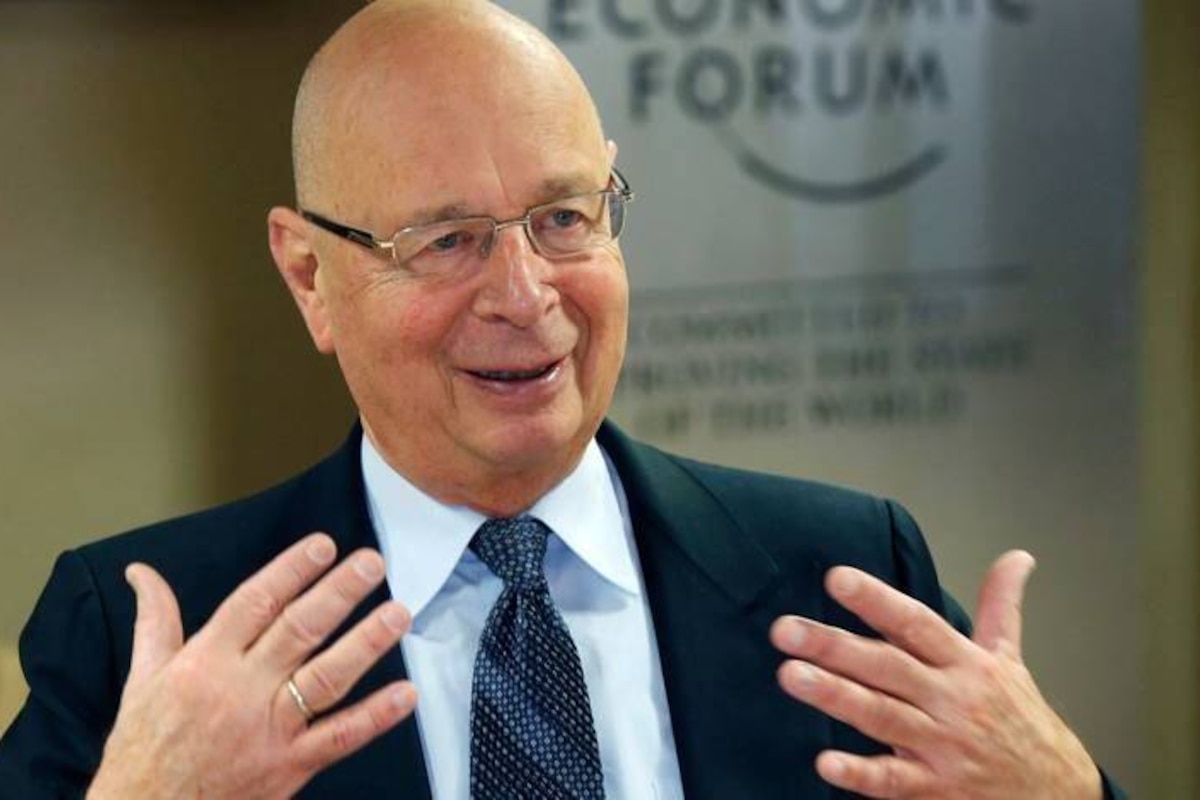
World Economic Forum co-founder Klaus Schwab has issued a chilling statement, warning that the “next big virus” capable of bringing the world to a standstill could be none other than climate change.
Framing it as an existential threat, Schwab suggested that this looming crisis could serve as the catalyst for unprecedented global upheaval and severe restrictions on human behavior.
Even more ominously, Schwab claimed that this so-called “virus” will be “far worse than COVID,” hinting at the scale of disruption and control that could follow in its wake.

BYPASS THE CENSORS
Sign up to get unfiltered news delivered straight to your inbox.
You can unsubscribe any time. By subscribing you agree to our Terms of Use
Latest Video
The message mirrors a previous warning issued by Schwab regarding the threat of a major cyberattack, which he predicted would bring the world to its knees, causing unparalleled disruption and chaos.
Schwab has repeatedly used apocalyptic rhetoric to emphasize the need for global coordination, often promoting the centralization of power under elite institutions including the World Economic Forum.
In both instances, Schwab’s warnings appear less like warnings and more like veiled threats, reinforcing the narrative that global crises—whether they involve pandemics, cyberattacks, or climate disasters—serve as opportunities for the elite to consolidate control, enslave the masses using fear-based programming, while reshaping society according to their vision.
Schwab’s ominous remarks are not isolated. Over the years, he has repeatedly framed global crises as transformative opportunities, what he famously calls “The Great Reset.”
According to Schwab and the WEF, these moments of chaos and disruption provide a unique chance to implement sweeping changes to economic systems, governance structures, and societal norms—all under the guise of building a “better” and “more sustainable” future.
Critics argue that such statements reveal a deeper agenda: leveraging fear to justify the erosion of national sovereignty and individual freedoms.
Whether it’s a pandemic, a cyberattack, or now climate change, the pattern is clear—promote the crisis, offer a centralized solution, and expand the influence of unelected global elites in the process.
